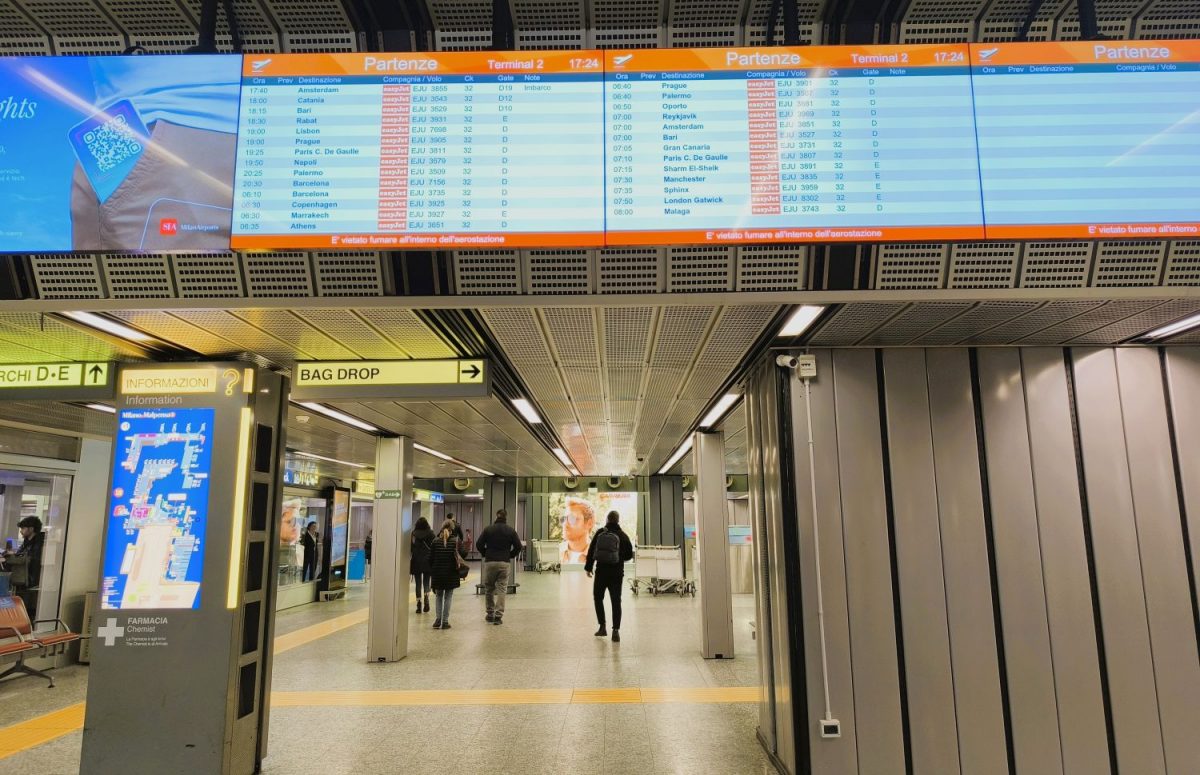Green Tourism: the no brain business case

It seems as difficult as exchanging $5 notes for $10 ones: suspicion and ignorance get in the way of a simple business calculation.
There are at least 70 green tourism certification agencies in the world. They all think what they do is a good idea and, moreover, are helping the human race. They think that there is an unarguable business case for certification and an imperative to save energy and carbon emissions.
The fact is that the cost of inspection, auditing and certification is so minimal that the business owners will certainly recoup it in savings within a very short period of time.
So why don’t they have crowds of desperate tourism businesses knocking their doors down and creating a stampede for their wares?
Actually, the big organizations are already there reaping the benefits – IHG (the world’s biggest hotelier) is already saving up to $200million with its Green Engage scheme, TUI, the world’s biggest tour operator, is doing the same. Big companies get it – they have to. If their investors knew that there was spare money for the taking and their companies weren’t getting it, heads would roll.
But, smaller tourism businesses, the backbone of the industry are staying away from the benefits of green auditing and certification in their droves.
For example, in Scotland, the home of one of the original green auditing schemes – Green Tourism Business Scheme – they think it’s a success that 10% of tourism businesses are audited and certified. In the UK as a whole probably no more that 5% are in an accredited scheme. As far as world tourism is concerned that 5% is very much on the high side.
It can’t be that the benefits are unclear. It’s a pretty simple proposal which goes something like this:
A tourism business chooses a green certifier and agrees a price, the certifier sends along an auditor, the auditor visits and checks the business out, providing a report on what could be done to make the business greener, and savings that could be made. The business is given a rating.
The two principal benefits that the business gains from this transaction are the rating (certification) and the cost-saving report.
The rating allows the business to trade on its green credentials with third party endorsement. The audit report assists the business to make cost and energy savings NOW.
Yes, of course there is a cost. For instance, in a small hotel the cost usually works out at a couple of room nights, for larger businesses somewhat more.
But the cost is returned PDQ in cash savings. Plus, of course, there are marketing opportunities – the fact is that there is a growing market segment that will not stay at, or use any establishment that isn’t demonstrably green.
It’s as important an element as smoking and becoming rapidly more so.
So, unaudited, uncertified businesses not only deny themselves cost savings but business too.
Why?
Here are a few potential reasons:
- The deniers: “None of this will make a difference in our lifetime – it’s all a con dreamed up by the loony left and will change in the next 10 years”
- The renegades: “There’s enough bureaucracy and red tape we have to go through already without extra form-filling making it more difficult to run our business”
- The poverty-conscious: “Even if there are benefits we can’t afford it and don’t want to spend any more money than we need”
- The laggards: “We’ll do it when we have to and not before – if there’s still one tourist left that wants a rubbish experience – we’ll provide it”
- The powerless: “Why can’t the government come up with a scheme and pay for it? Why should we have to pay?’
- The paranoid: “Why should anybody look at our business? What would happen if we got rejected?
- Anybody got any more?
Valere Tjolle
Valere Tjolle is editor of the Sustainable Tourism Report Suite and Masterclasses current details and special offers at: www.travelmole.com/stories/1142003.php
Valere
Have your say Cancel reply
Subscribe/Login to Travel Mole Newsletter
Travel Mole Newsletter is a subscriber only travel trade news publication. If you are receiving this message, simply enter your email address to sign in or register if you are not. In order to display the B2B travel content that meets your business needs, we need to know who are and what are your business needs. ITR is free to our subscribers.








































CCS Insight: eSIMs ready to take the travel world by storm
Germany new European Entry/Exit System limited to a single airport on October 12, 2025
Airlines suspend Madagascar services following unrest and army revolt
Qatar Airways offers flexible payment options for European travellers
Air Mauritius reduces frequencies to Europe and Asia for the holiday season